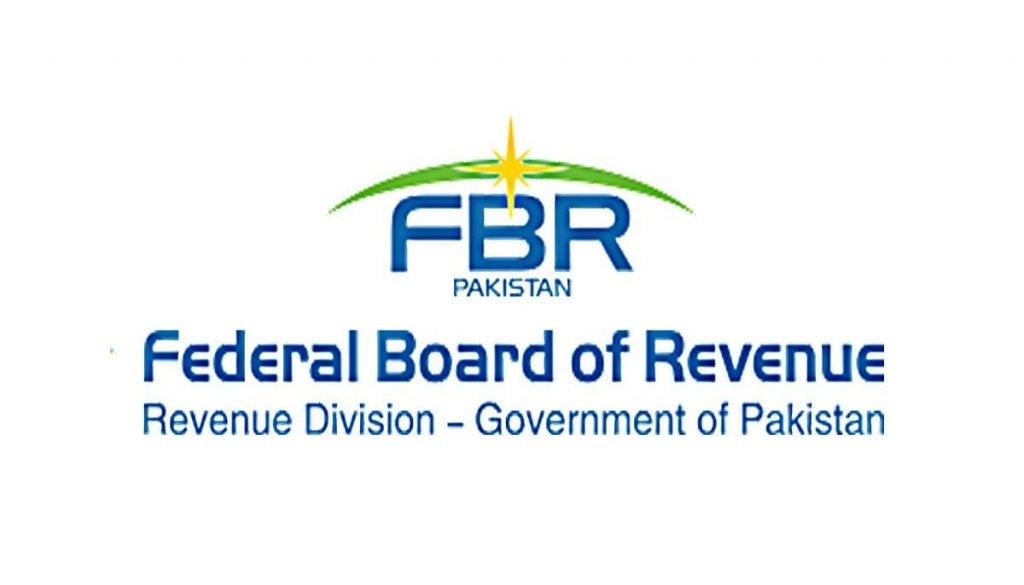The Inland Revenue officers of the Federal Board of Revenue (FBR) have been given unlimited powers to arrest any person against the charges of the concealment of income.
Under the Finance Bill, 2021, the FBR has proposed Section 203A (Power to arrest and prosecute) in the Income Tax Ordinance 2001.
Section 184 (Penalty for concealment of income) of the Income Tax Ordinance, 2001 had been abolished through the Finance Act, 2010.
Experts were of the view that the FBR cannot arrest or prosecute the taxpayers who have availed the tax amnesty schemes in the past. If the provision would be applied prospectively, the new taxpayers could question why action is being taken against them when amnesties had been granted in the past.
The income tax is a civil liability and cannot be treated as criminal liability for the purpose of prosecution, a tax expert stated. Moreover, the FBR cannot disclose the details of the suspected tax defaulters under Section 216 of the Income Tax Ordinance, 2001.
There had been no need to introduce another section in the Income Tax Ordinance, 2001 while Section 192A (prosecution for concealment of income) exists.
According to the Finance Bill, 2021, an officer of Inland Revenue not below the rank of an Assistant Commissioner of Inland Revenue or any other officer of equal rank authorized by the Board in this behalf, who, on the basis of material evidence, has reason to believe that any person has committed the offense of the concealment of income or any offense warranting prosecution under this Ordinance, may arrest such a person.
A tax expert stated that the Finance Bill 2021 proposes the deletion of Sections 202 and 203, and suggested amendments in Section 203A besides the promulgation of Section 203B, 203C, 203D, 203E, 203F, 203G, and 203H.
Sections 202 and 203 are related to the powers of the Chief Commissioner to compound an offense with the payment of tax, including default surcharge and penalty; further appointment of a Special Judge [SJ] by the Federal Government for the prosecution of offenses which are of the nature of the crime, such as a false statement in verification; the improper use of the NTN; making false statements; obstructing tax authorities; etc., to which the Code of Criminal Procedure, 1898 (CCP) is applicable, and 203A is related to the procedure for the filing of an appeal against the order of an SJ.
The substituted Section 203A proposes to empower the Assistant Commissioner or any other equally ranking officer authorized by the Board to arrest a person who has committed an offense under the ordinance. The arrests made shall be as per the CCP.
The section further proposes that the Chief Commissioner may compound the offense if such person pays the amount of tax due with default surcharge and penalty.
In the case of a company, every director or officer responsible shall be arrested without absolving the company from the payment of due tax, the tax expert added.
Where any person has committed the offense of the concealment of income or any offense warranting prosecution under this Ordinance, the Chief Commissioner may, with the prior approval of the Board, either before or after the institution of any proceedings for recovery of tax, compound the offense if such a person pays the amount of tax with such default surcharge and penalty as is determined under the provisions of this Ordinance.
The FBR stated that where the person suspected of the offense of the concealment of income or any offense warranting prosecution under this Ordinance is a company, every director or officer of that company whom the authorized officer has reason to believe is personally responsible for actions of the company contributing to the offense of the concealment of income or any offense warranting prosecution under this Ordinance shall be liable to being arrested, provided that any arrest shall not absolve the company from the liabilities of payment of tax, default surcharge, and penalty imposed under this Ordinance.
The promulgation of the above-proposed section will provide an arm to the tax machinery to threaten and harass the taxpayers to twist the provisions in favor of the tax machinery. It will create distrust among the taxpayers, which is already present between the tax machinery and taxpayers.
The existing law already provides a 100 percent penalty for the concealment of an income of the amount of the concealment under Section 182(12) of the Income Tax Ordinance, 2001. Furthermore, Sections 138 and 140 of the Income Tax Ordinance, 2001 provide the modes and manner of the recovery of taxes even through the arrests of defaulters.
The complete mechanism is provided in Rules 123, 135, 185, and 186 of the Income Tax Rules, 2002.
Since the law provides a complete mechanism for the charging, recovery, and arrest of defaulters and dodgers, providing additional arms and ammunition to the tax machinery is nothing short of madness on the part of the government. The need of the time is to create a level playing field rather than harassing the taxpayers.
Courtesy: Pro Pakistani

